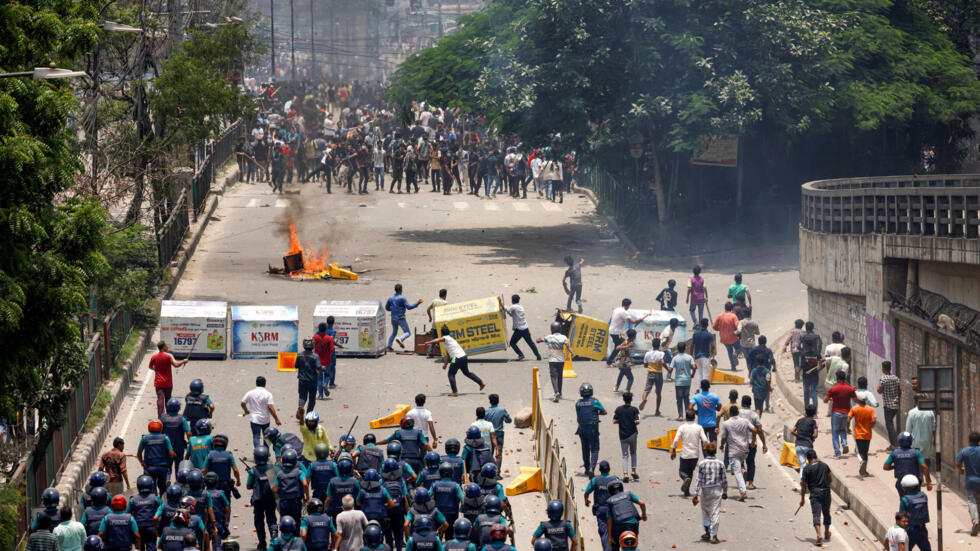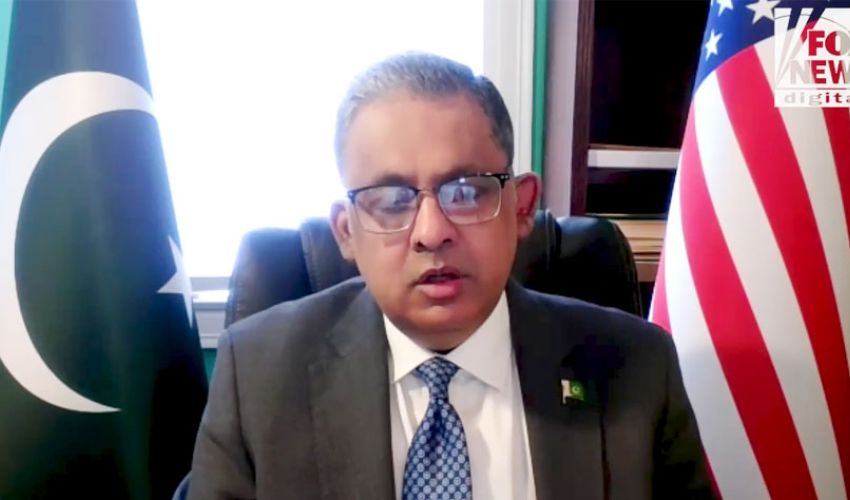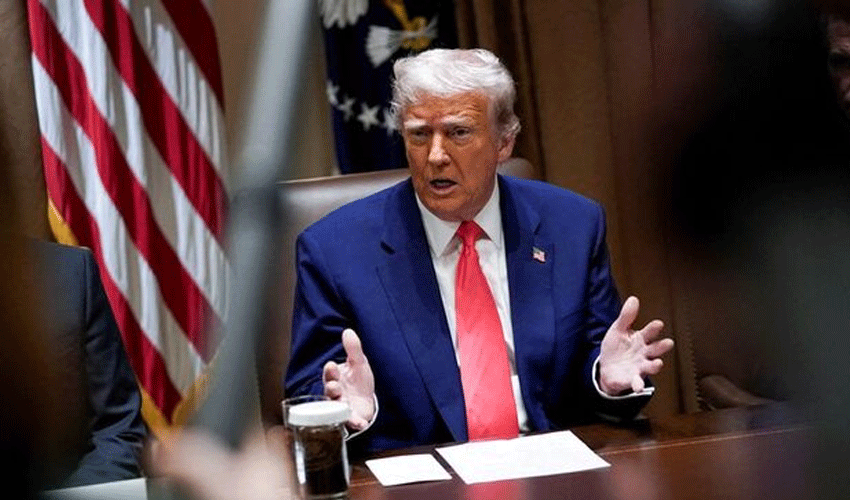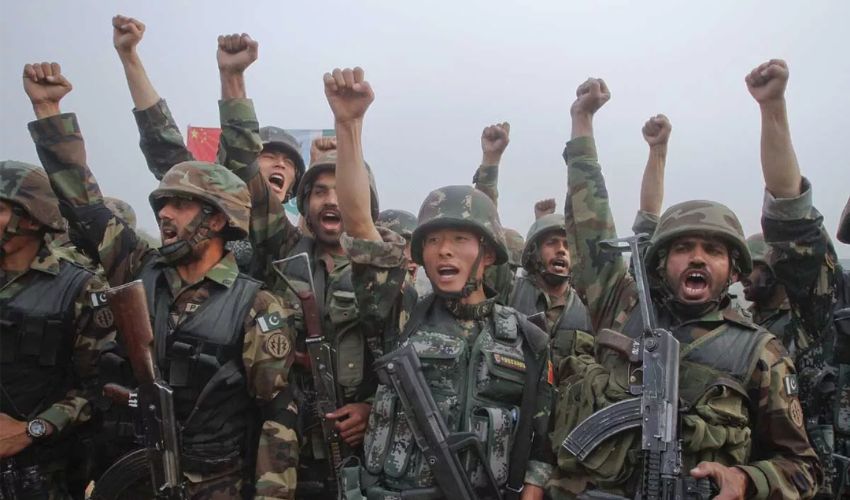The protests will go on despite a Supreme Court verdict that only partially complies with the demands of a Bangladeshi student organization that statewide movement turned into violence that resulted in the deaths of at least 139 people.
Under the condition of anonymity, a representative for Students against Discrimination told AFP on Sunday, "We won't call off our protests until the government issues an order reflecting our demands."
The majority of the government employment quotas that have prompted student-led protests in Bangladesh were eliminated earlier in the day by the country's top court.
According to the sources, the Appellate Division of the court overturned a previous court judgment that had reinstated the quotas, ordering that 93% of government employment be awarded to candidates based alone on merit.
The quota system was eliminated by Prime Minister Sheikh Hasina's administration in 2018, but it was brought back last month by a lower court, which sparked protests and a subsequent government crackdown.
It was unclear right now how protesters would respond to the verdict.
Following the court's decision, army teams were stationed across the capital city of Dhaka, and streets close to the Supreme Court were quiet, according to a Reuter’s witness.
Earlier in the day, there were sporadic reports of skirmishes between security officers and demonstrators in the local media.
As officials prepared for the Supreme Court hearing on job quotas, the government had imposed a curfew.
The capital city of Dhaka, where the protests turned violent between protesters and security personnel, was patrolled by soldiers.
Bangladesh has been without internet and text messaging services since Thursday, cutting off the country while authorities clamped down on demonstrators who disobeyed a prohibition on public gatherings.


























